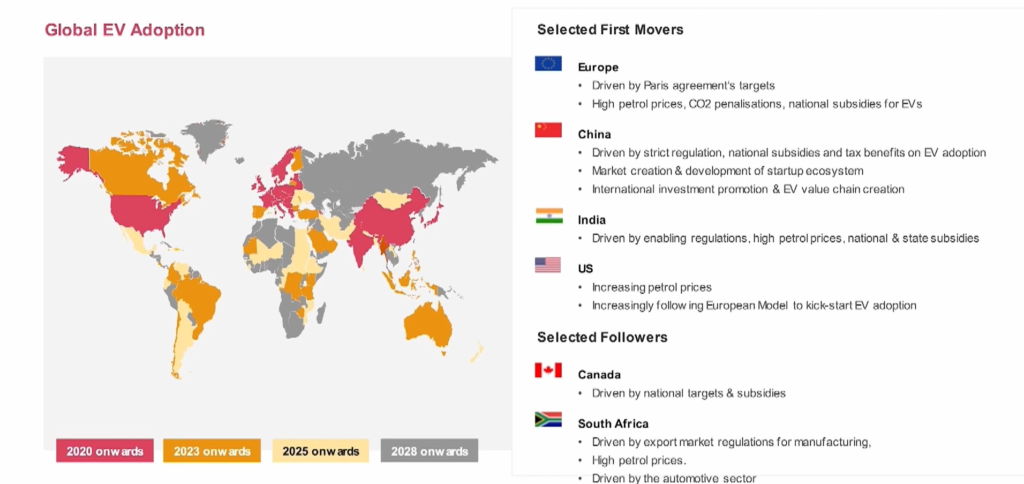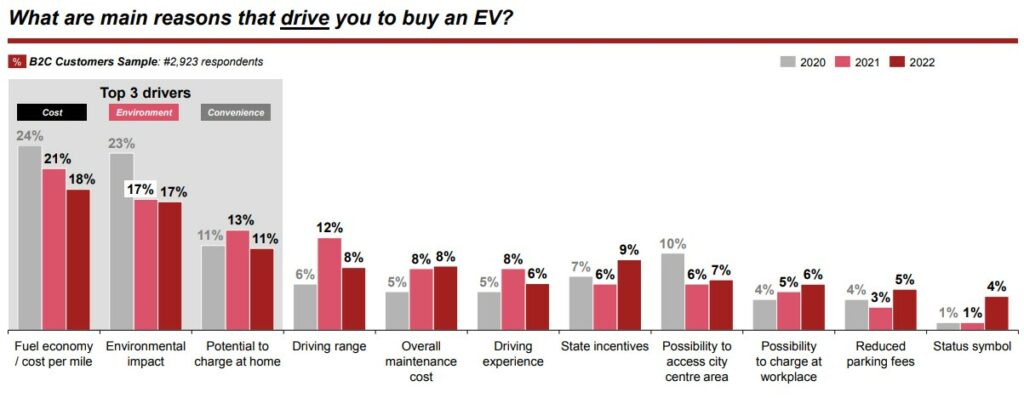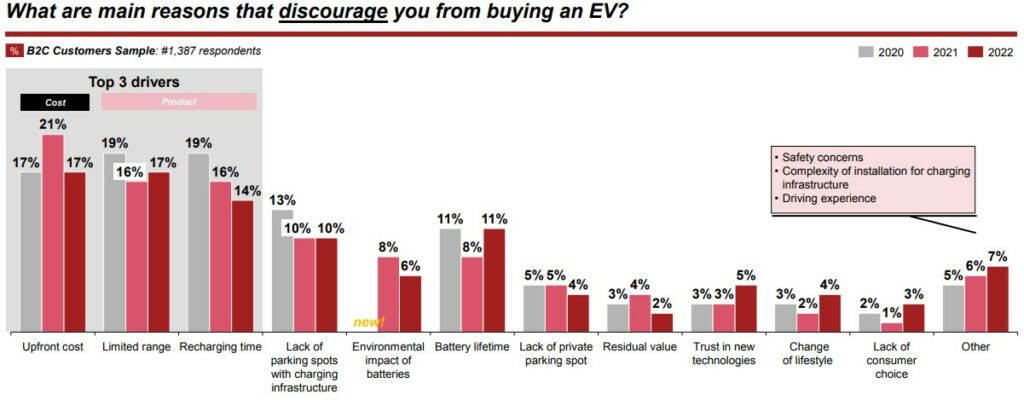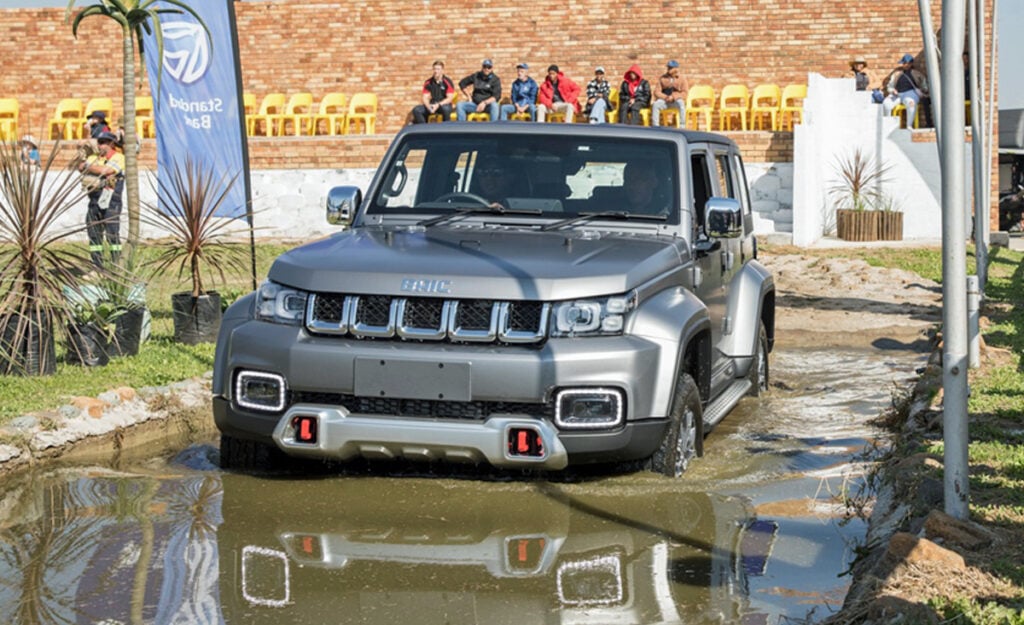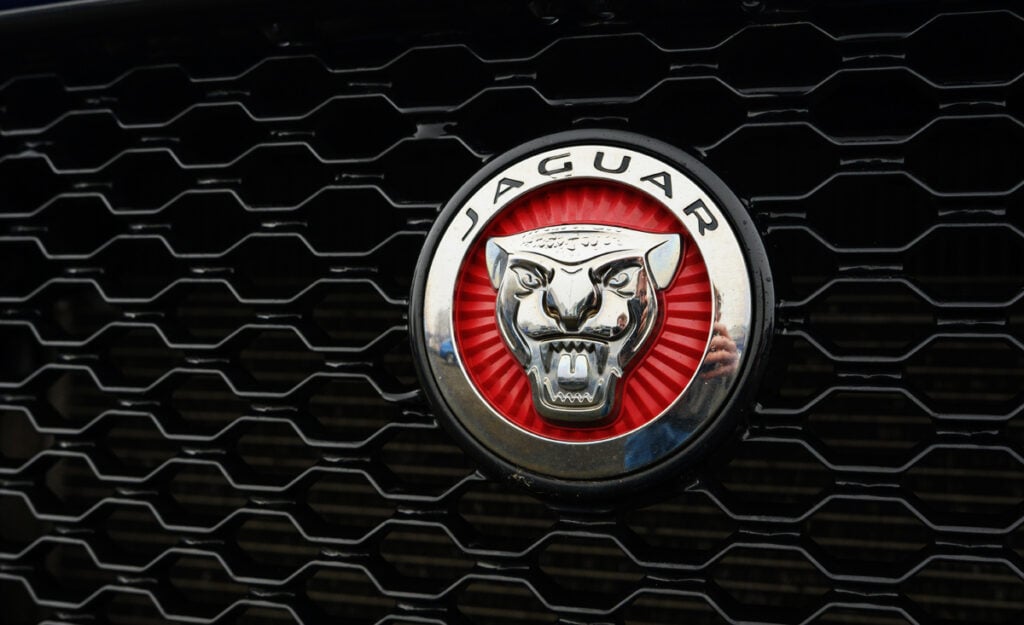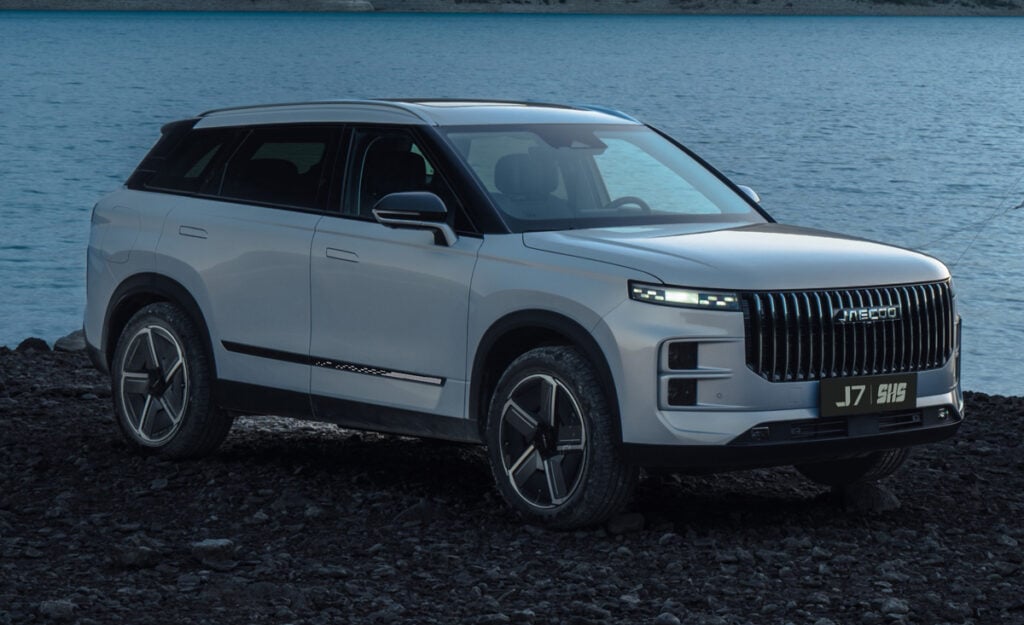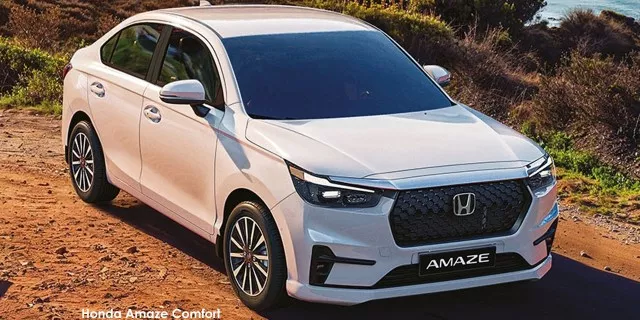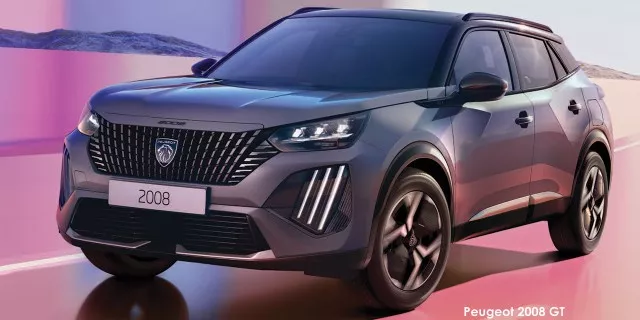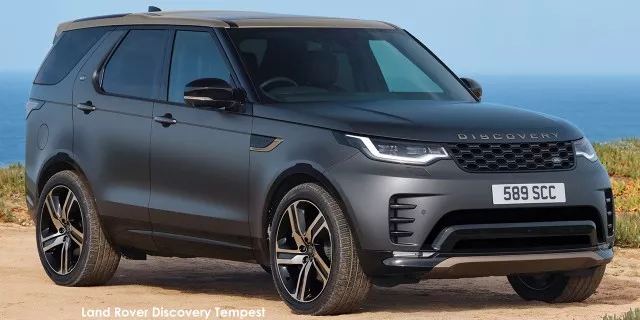This is what’s pushing electric car adoption in South Africa

The decarbonization of South Africa’s national vehicle fleet is driven by high fuel prices, export market regulations, and the changing needs of manufacturers producing cars in the country, according to PricewaterhouseCoopers (PwC).
The speed at which this transition takes place is determined by emissions regulations, fuel taxation, and government subsidies, the latter of which there are currently none for electric vehicles (EVs).
South Africa is therefore only expected to start showing serious progress in the endeavour to have a carbon-neutral fleet on its roads after 2028.
EV production in South Africa
The local car manufacturing industry is strongly urged to invest in EV production yesterday rather than today, as the cost of building such vehicles has dramatically decreased in recent years and the sub-Saharan African region is rife with natural resources of which many are used in battery production, said PwC.
The firm said automakers will be able to pivot from internal combustion engine (ICE) to EV production rather easily without compromising jobs, as it’s essentially only the vehicle’s motor that is being swopped out for another type of motor.
Body parts, brakes, suspension, seats, windows, and everything in between that you find on a conventional car are still needed for an EV, and these will still be built at the existing factories by the same people.
Over one million employment opportunities have already come into the market across the entire EV value chain in Europe, which is something to keep in mind for the South African sector, said PwC.
According to the company, EVs are anticipated to reach price-technology parity no later than 2025 and this is when adoption rates around the globe are expected to start gaining momentum.
As such, South Africa’s manufacturing industry must do everything in its power not to be left behind, as it could have severe consequences on the country’s fiscus if this happens.
This sector accounted for 4.9% of South Africa’s GDP in 2020 and it stands to lose over R201 billion annually if it does not catch up to the rest of the world in time.
Drivers behind EV adoption
The biggest driver behind EV adoption is the vastly improved “fuel economy” of these propulsion technologies when compared to traditional ICEs driven by petrol or diesel, said PwC.
The firm surveyed 2,923 individuals around the globe in 2022 to find the main reasons behind their drive to buy EVs.
Fuel economy was in first place garnering 18% of all the votes, followed by environmental impact and the potential to charge the car at home.
Surprisingly, these factors all decreased or remained unchanged with regard to importance when compared to previous years’ surveys, while other factors are now more important to prospective EV buyers than they were in the years before.
Government incentives, charging at the workplace, and reduced parking fees all grew in popularity as reasons to buy an EV in 2022 when compared to 2021 and 2020.
Interestingly, owning an EV as a status symbol is also a good reason to buy one for 4% of survey respondents in 2022, while in both the preceding years only 1% voted for this reason.
On the other side of the spectrum, most individuals (17%) said that the upfront cost of purchasing an EV is what is keeping them from taking the plunge.
Limited driving range and lengthy charging times were also cited by many respondents as a reason for not buying an EV.
Following this, battery lifetime, a lack of public charging infrastructure, safety concerns, driving experience, and complexity of charging point installation were among the most discouraging elements for car buyers looking at new-energy autos.
